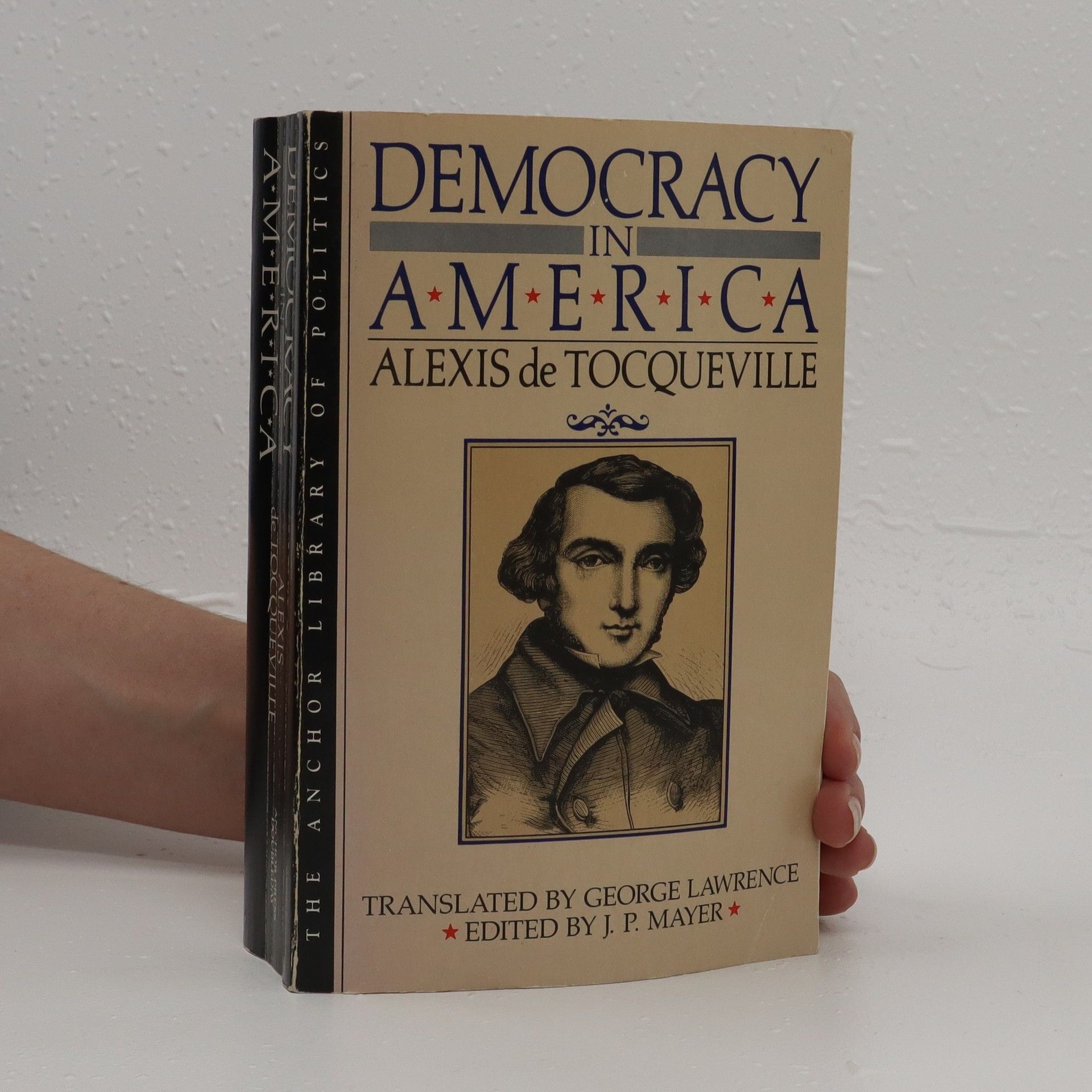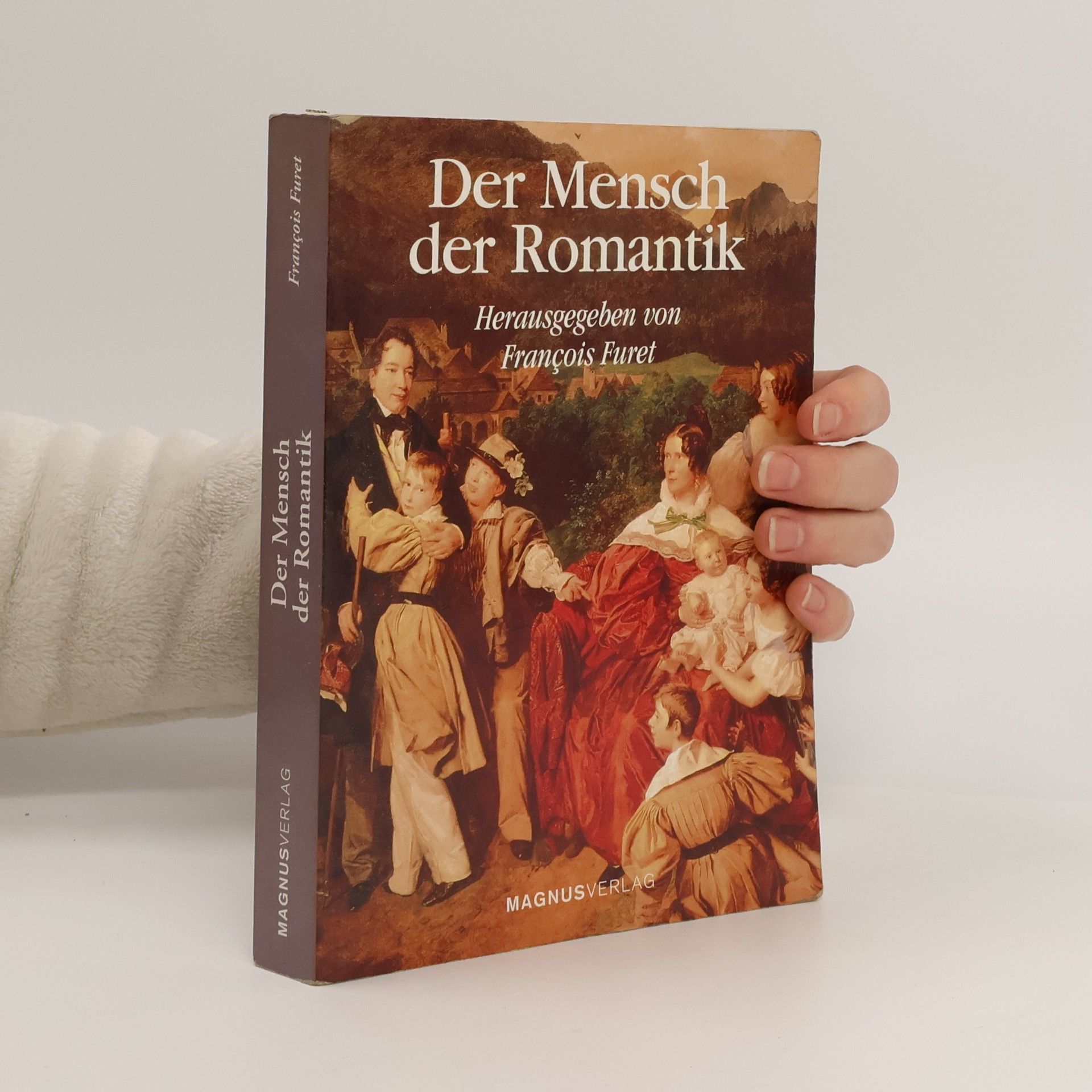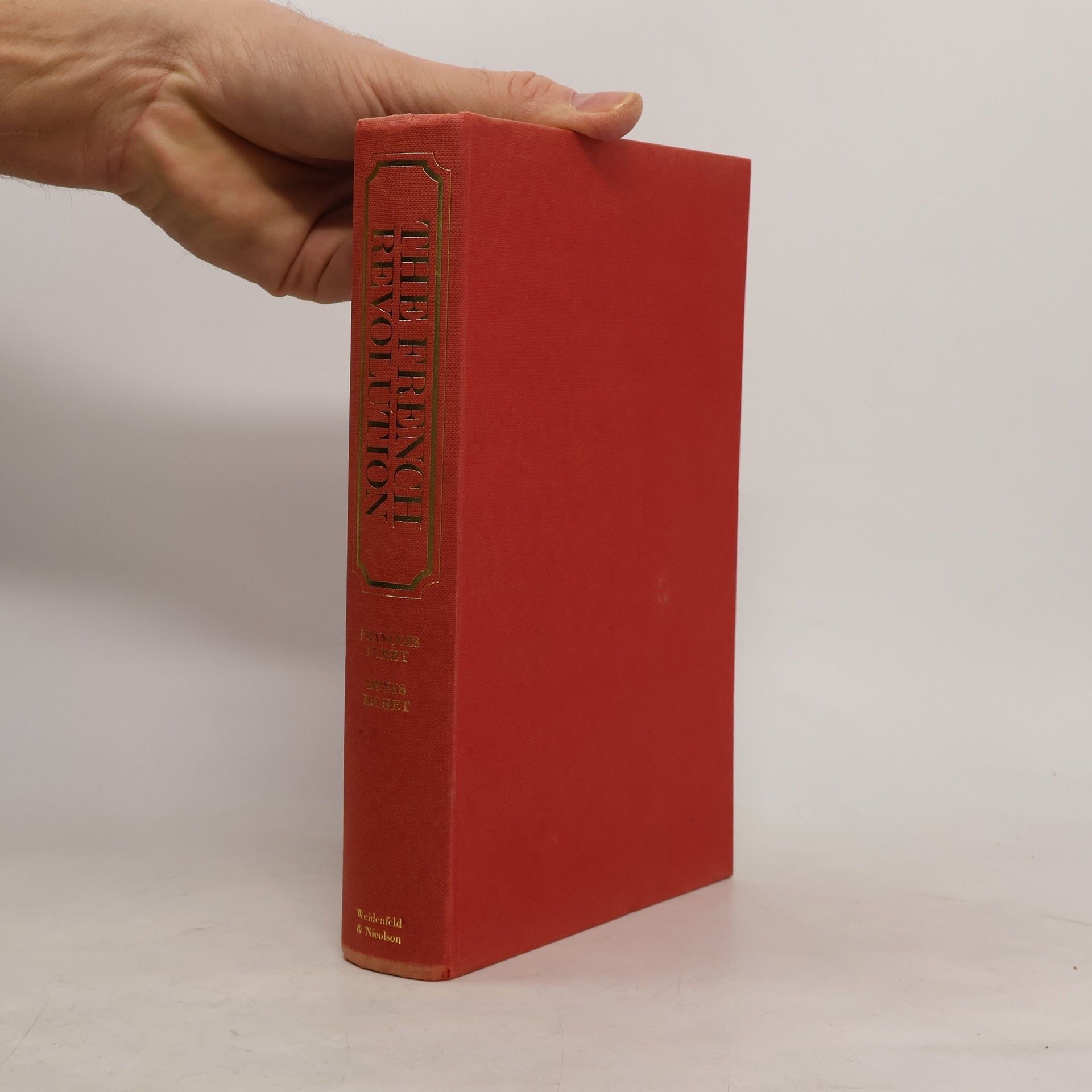Člověk romantismu a jeho svět
- 288 pages
- 11 hours of reading
Období romantismu patří mezi ta, která nejvýrazněji zformovala politický, sociální a kulturní profil dnešní Evropy. Ač trváním nedlouhá, zapsala se tato epocha revolucí, velkých utopických projektů i jejich troskotání, vzestupu nacionalismu a formování dnešních národních států Německa a Itálie, i významných počinů vědeckých a uměleckých, hluboko do evropských dějin. Kolektiv předních odborníků pod vedením významného francouzského historika a znalce Velké revoluce Françoise Fureta sestavil poutavou sbírku osmi portrétů výrazných lidských typů éry romantismu. Setkáváme se s měšťanem, dělníkem, učitelem, lékařem, duchovním, intelektuálem a revolucionářem. Zvláštní kapitola je věnována postavení ženy. Jak je v řadě Člověk a jeho svět již zvykem, můžeme při této cestě proti proudu času nahlédnout hluboko do myšlení, mentality a každodenního života lidí daného období.















